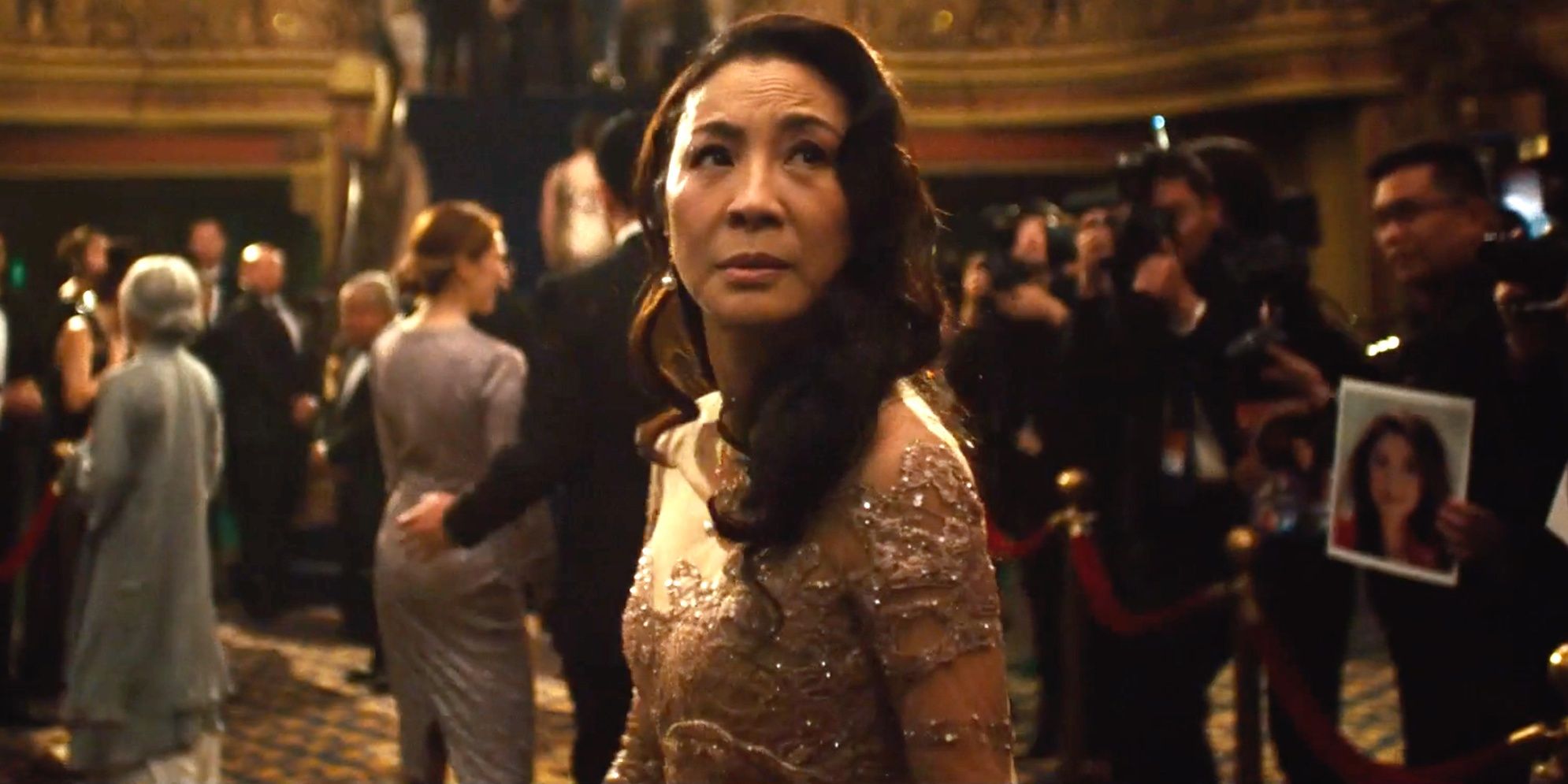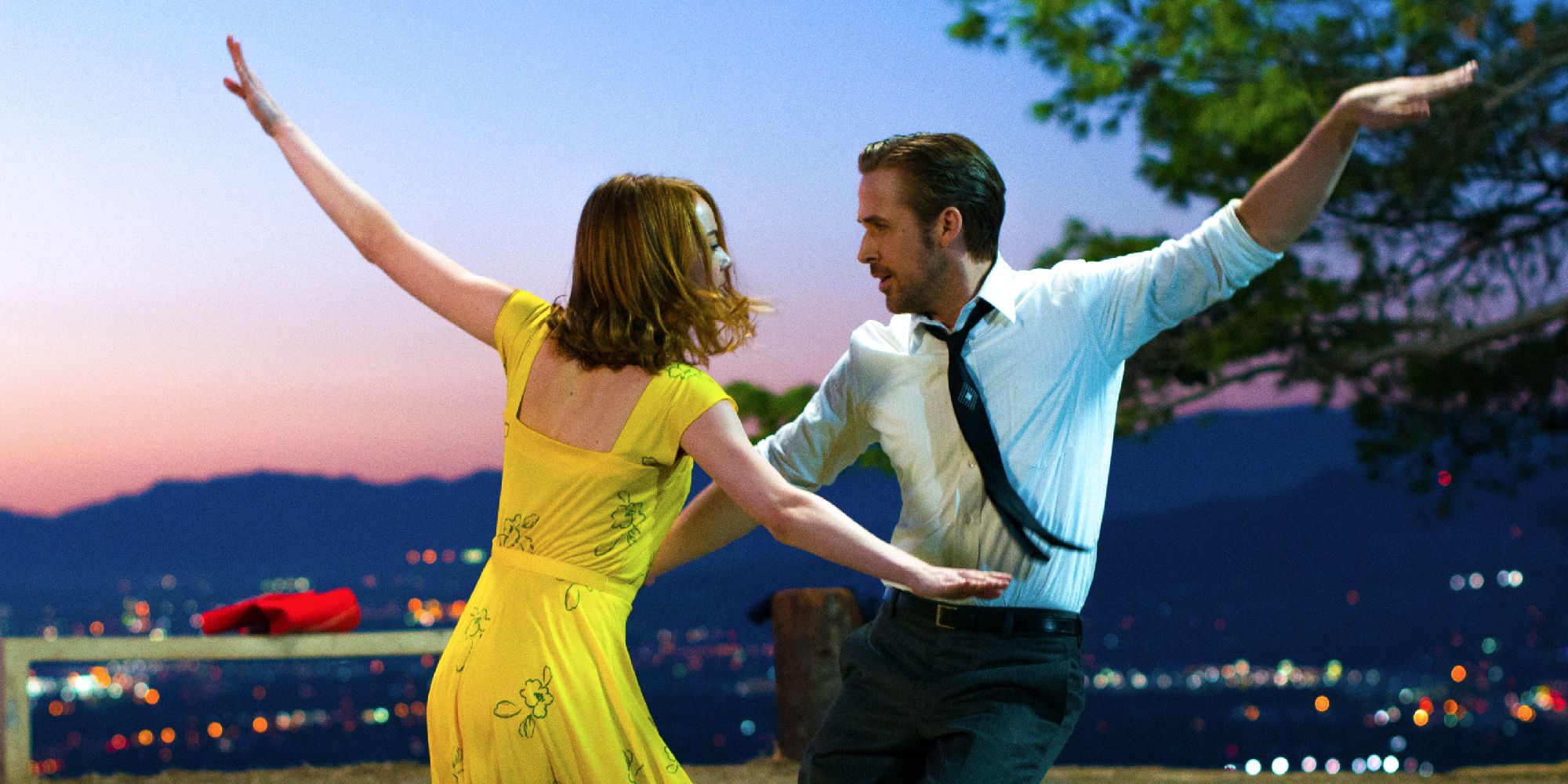With the decline in its ratings and popularity, coupled with bad press and poor attempts at reinvention, there is plenty that has dulled the Oscars' shine in recent years. With the 2023 nominations having been announced last month, the century-old institution continues to face a slew of criticism on which movies and whose faces have been undeservedly ignored.
Hollywood’s biggest night — with its early telecast, endearingly corny monologue, over-produced musical numbers, montages plus the heartfelt and poignant speeches — has now been reduced to a chintzy and frivolous affair. Watching celebrities in their Sunday best for three hours just does not hold appeal anymore (who could have thought?). This, once again, begs the question — are the Oscars even relevant now?
Have the Oscars Learned Nothing?
There are many theories why the Oscar, Golden Globe, Emmy (or whatever charade takes place this time of year) is losing its reliability as a theatrical metric. It is understandable why celebrities continue to be dependent on these institutions as a statuette on their mantelpiece can, without doubt, lead to a leap in box office numbers, increase film offers and paychecks, and bring about global recognition. However, the metaphorical weight of the award is pretty much lost on modern audiences. The change in preferences, attention spans, and viewing habits, combined with the rise of deep-pocketed streaming platforms, has inevitably led to fatigue from award shows and live TV overall.
Nevertheless, it can be argued that the Academy’s failure to adapt in the contemporary world has only further triggered its demise. The line-up of flopped ideas and limited representation (yes, still) demonstrate that its dying enchantment is apparent to everyone but the Academy itself.
That is not to say that it didn’t try; many diverse films were picked and recognized in recent years. Moonlight won the Oscar for Best Picture, a milestone for African-American filmmakers. The horror satire Get Out received four nominations, including Best Picture. The short film The Long Goodbye by British Pakistani actor Riz Ahmed also claimed an award, making him the first Muslim to win in that category. Joker got a whopping number of 11 Oscar nominations, including Best Picture — the most for a comic book movie in the history of the ceremony till date. This year’s nominees also included more popcorn movies than expected, including Avatar: The Way of Water and Top Gun: Maverick – a welcome change from the customary indie flicks.
However, these simultaneous improvements and failed experiments only confirm that the Academy takes two steps forward and one step backwards – thus, widening the gap between the awards and the public in the process.
Losing Its Own Popularity Contest
While it is true that more blockbusters have been nominated for Best Picture lately, the majority of movies in the category are still of a genre that many do not care for. Year after year, there have been many incomprehensible exclusions of movies that were not deemed as Oscar-caliber films, or of esteemed actors because it was time for Meryl Streep to win again, even if it was for a film like The Iron Lady.
When the Academy expanded the Best Picture category in 2009 to include 10 nominees instead of the usual five, it seemed like a good start. However, this was only partly successful as it mostly continued to select films that have been more or less engineered to win an Oscar. This includes the still-sore example of The Dark Knight not getting nominated for Best Picture in 2009.
Randomly varying between critical darlings to films with tepid reviews has only alienated the audience even more. The Oscars’ recent (and desperate) attempt of gaining relevance in 2018 by introducing a new category of Outstanding Achievement in Popular Film faced a lot of backlash, as a result of which the idea was quickly dropped. It again tried to streamline the format by announcing #OscarsFanFavorite in 2022, where Twitter users can vote for their top choice, and the winner would receive an award even if the movie has not been officially nominated. It is hard to believe that the Academy couldn’t foresee the poor choices and joke entries that soon followed.
The Brief Acknowledgment of Inequality
Admittedly, after the #OscarsSoWhite fiasco, there were concentrated efforts to have more women and people of color join the Academy. New inclusion goals were defined, in hopes of increasing the diversity of its membership. And yet, surprisingly (or unsurprisingly?), the Academy is still mostly white and male-dominated.
No one can deny that there have been at least a few developments. Chloé Zhao won the award for Nomadland in 2021 and Jane Campion took the award home in 2022 for Power of the Dog. Previously, only five other women had been nominated for Best Director, and only one of them had won (Kathryn Bigelow for The Hurt Locker, all the way back in 2009). It is also worth mentioning that none of these women have been nominated twice.
However, there was a glaring absence of female filmmakers in the 2023 nominations, most notably Sarah Polley (Women Talking), Maria Schrader (She Said), Gina Prince-Bythewood (The Woman King), and Charlotte Wells (Aftersun).
The stellar performances of Viola Davis in The Woman King and Danielle Deadwyler in Till were also shrugged off this year, making these some of the most disappointing snubs in the history of the Oscars.
Hollywood’s treatment of historically marginalized groups had also seemed to take a turn for the better when 2021's Oscar nominations featured a record number of people of color. But the Academy’s exclusionary practices came to light once again when nominees for the categories of Best Actress and Supporting Actor in 2022 were all white. Similarly, the resounding success of Parasite in 2019 had led to widespread speculation that Korean cinema will finally receive its long-due attention — only for just 2 Korean movies (Minari and Drive My Car) to be included in the Best Picture category ever since.
Taking Away the Glory
Another dramatic change was trimming eight entire categories from the telecast, which include Original Score, Documentary Short, Animated Short, Live Action Short, Production Design, Film Editing, Sound, and Make-Up and Hairstyling. Instead, these would be presented during a pre-show ceremony that won’t be broadcast live. The irony of some of the recipients actually being the popular choices is not lost on anyone.
Sadly, this move seems like an apology for the very purpose of the Oscars. The Academy exists to honor all outstanding work that is related to the motion-picture medium. Asking these often-overlooked winners to receive their awards and deliver speeches in front of a half-empty Dolby Theater — just because it won’t make for ‘good television’ — would only make them feel like “second-class citizens”, as described by J. Miles Dale, one of the producers of Nightmare Alley.
Still a Little Room to Shine
The 2022 awards show was viewed by an average of 15.4 million people — an increase of 56% compared to the previous year’s ceremony. This just goes to show that the curtain hasn’t closed quite yet. The very fact that there is widespread social media chatter each year on who has been nominated and who hasn’t only proves that the Oscars still matter to some degree. Despite the increasing criticism, the audience still talks about and dissects the highs and lows of the ceremony the morning after. An Oscar is, by far, still the best marketing tool anyone in the industry could have.
Leonardo DiCaprio’s first Oscar. Eminem’s surprise performance. Olivia Colman’s acceptance speech. Heath Ledger’s Oscar win. James Cameron calling himself the “king of the world.” There have been several defining moments in the history of the Oscars, which are still remembered today.
Cinematic excellence should definitely be celebrated, when it is done so fairly. Even if the quality and diversity debates reach no conclusion in the years to come, the Oscars should take more appropriate measures to build its relevance by remembering why the golden sheen matters in the first place.









